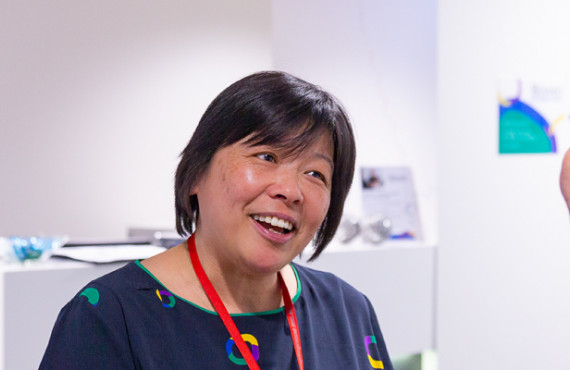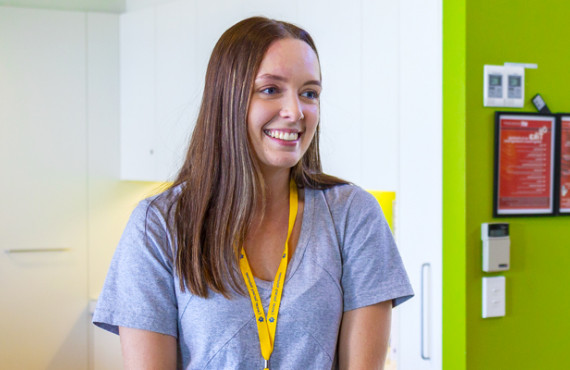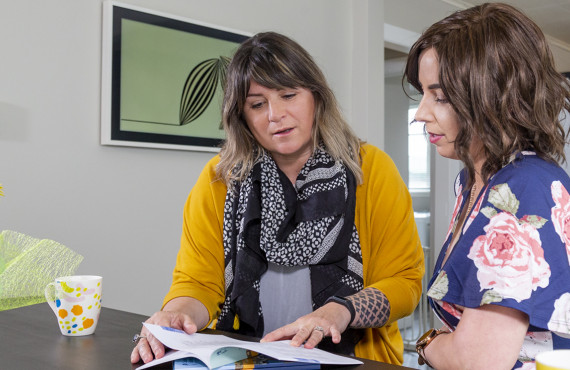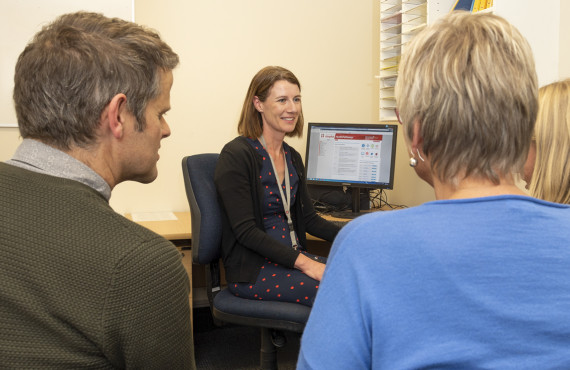If you have any symptoms of laryngeal cancer, they need to be checked by your doctor.
What is laryngeal cancer?
Laryngeal cancer or voice box cancer is a cancer of the larynx, the part of your airway that contains the vocal cords.
Like the rest of your body, the larynx is made of tiny "building blocks" called cells.
Laryngeal cancer begins when these cells grow abnormally into a lump or tumour.
Cancer is a disease of the body's cells. It starts in our genes. Our bodies are constantly making new cells, a process controlled by certain genes. Cancers are caused by damage to these genes. As the damaged cells replicate a lump or tumour is formed.
Tumours can be:
- Benign - not cancerous. These do not spread to other parts of the body.
- Malignant - cancerous
Laryngeal cancer symptoms
Signs and symptoms of laryngeal cancer may include:
- hoarseness or a change in your voice
- difficulties swallowing
- feeling like there is a lump in your throat
- a cough or shortness of breath
- a lump in your neck
Having these symptoms does not mean you have laryngeal cancer, but it is important to have any changes checked by your doctor.
Tips for talking to your doctor
- make a list of what you are feeling and how often it happens, including as much detail as possible
- think about your family/whānau history of cancer and tell your doctor
- go back to your doctor if you don't feel better, even if tests show you don't have a problem - you can ask for a second opinion if you want one
- take a family/whānau member or friend with you to the appointment for support
What causes laryngeal cancer?
Like many types of cancer, we don’t always know why people get laryngeal cancer, but some things increase your risk.
Risk factors for laryngeal cancer include:
- using tobacco
- drinking alcohol
- eating a diet high in animal fats and low in fruit and vegetables
- having heartburn (acid reflux)

Learning more about the treatments you've been offered can help you prepare.

We are here to help and support you and your whānau through cancer diagnosis, treatment and recovery…

Help with making tough decisions about what treatment you will have.

We've put together a list of questions you may wish to ask your treatment team.
We know that going through cancer is tough and can raise many questions. You are not alone.
We have health professionals to answer your questions and provide the support you need.
Get in touch
